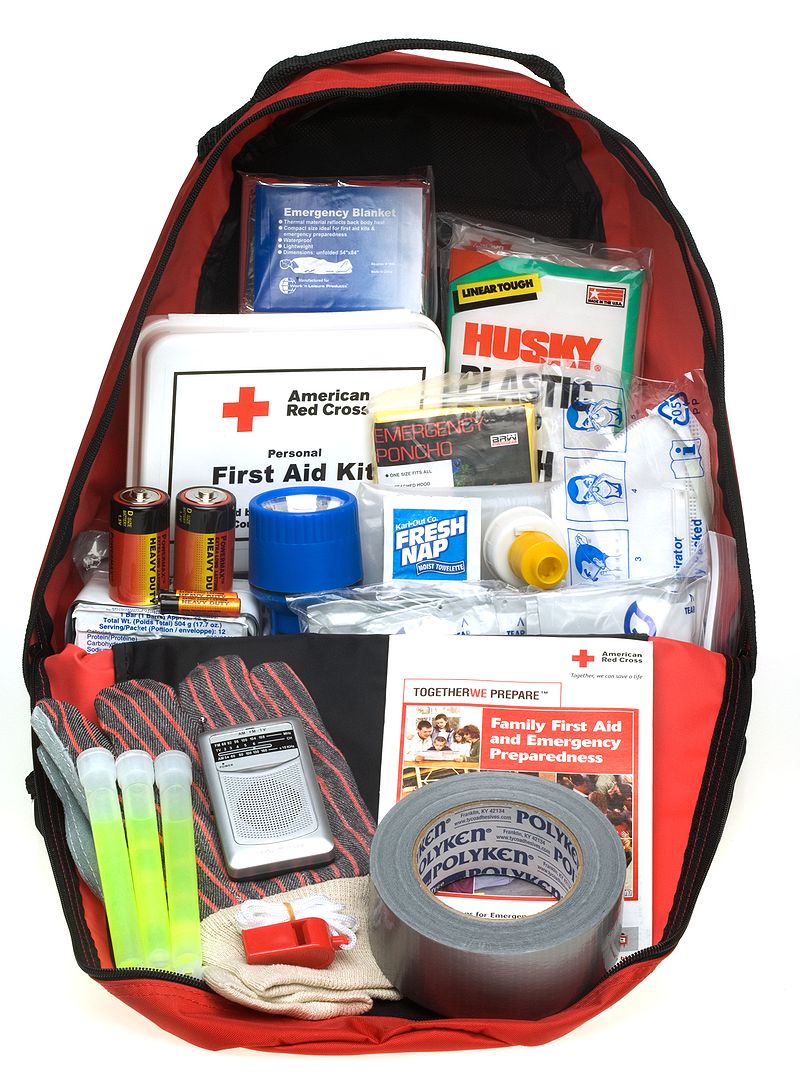
What will you do in a crisis without life saving medicine and antibiotics?
If society breaks down, hospitals, pharmacies and clinics will be unavailable, and the medicine you or a loved one need may be unavailable.
Clearly, this means you need to have to supplies on hand, particularly for anyone who is dependent upon insulin or other medications that can be deadly if disrupted.
But those supplies will only go so far. Something that is also important to do is become familiar with medicinal herbs and plants, and grow some of the ones that could be most useful to your family or network.
Wilderness and homesteading survival teacher Marjory Wildcraft shows how you can grow and process your own medicines – many of which are more potent and potentially beneficial than those developed in the medical industry. Best of all, it is relatively simple to do:
Yes, you can make your own anti-biotics at home. I’ll show you how to make a really super powerful one (it’s easy to do). Anyone can do it. Most people will want to do this in their backyards or on a patio. But I suppose you could do it indoors too. This one I’ll show you how to make is way more complex than anything the pharmaceutical companies can produce, yet it is simpler and easier to make. No, you won’t need a lab of chemistry set. No, you won’t need microscopes or chemicals. Nope, you won’t even need a spectrum analyzer….
This particular anti-biotic not only helps boost your immune system for any time you have an infection, but it is also good for when you have a cold, it’s known to help lower cholesterol and high blood pressure, it’s been known to help balance blood sugar, fight cancer, fight fungus, and more.
The answer is simple… Garlic is perhaps the single best natural antibiotic, and very well known for staving off colds, infections and for overall supporting a healthy immune system and restoring good health.
Quite simply, garlic is well worth growing, eating and having around, as this video demonstrates. Adopt some of the best practices for growing and storing it, and it will always be around.
There are, of course, many other important medicinal plants that can be grown and utilized than just garlic:
Sara an expert in Medicinal plants explains the properties of several different plants and what their uses are for different ailments. This is information that could save you lots of money in buying medicine and can help you live a healthy diet. Filmed at the eco village of Valdepiélagos, Madrid
According to Sara (in the video above), these plants and many more can address many health issues, including some of the most serious.
• Stevia isn’t just a “sweet leaf” to be used as a sugar substitute, but eating the leaf or its extract can help regulate blood sugar (not in the processed form used by soda companies).
• Kalanchoe Daigremontiana can strengthen the immune system and reportedly even fight cancer.
• Melissa and Evalouisa – Plants from these families both have similar medicinal properties for digestive and stomach relief, as well as as a sleep aid.
• Caledonia can help with cataracts (the orange liquid can be put in the eyes) or for cuts on the skin
•Artemisia Annua is another powerful anti-bacterial that can fight malaria and other serious diseases.
• Galio can be used to regulate the hormonal system
• Epiolobium can reduce inflammation in the prostate
(Note: some of these names may be more familiar to Spanish speakers, or go under a different name elsewhere)
There are, of course, hundreds of more varieties of plants that you can cultivate, but you will need to do your own research. Many plants are found in certain regions only, and others may be difficult to grow outside of their typical climate.
Though they have been used for centuries, no one can guarantee they are safe for everyone, and most doctors and hospitals refuse to recognize the potential of these natural (and unpatentable) medicines.
Regardless of whether or not you endure a collapse or prolonged crisis situation, these are valuable skills that could improve your personal well being, or come in handy as a tradable and necessary skill within a self-reliant community or survivor group.
Along with goods and precious metals, exchanging skills & service is a useful part of any barter economy that could thrive under the right circumstances of determined and freedom loving people.
Read more:
30 Most Popular Herbs for Natural Medicine
Tom Brown’s Guide to Wild Edible and Medicinal Plants (Field Guide)
The Four Prescription Drugs You Must Have in a Crisis… And How to Get Them